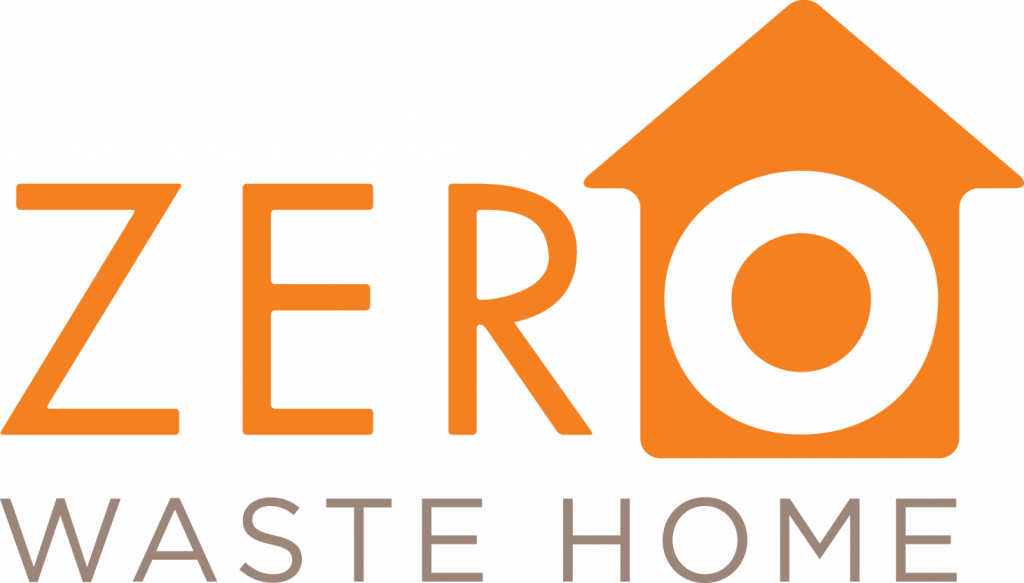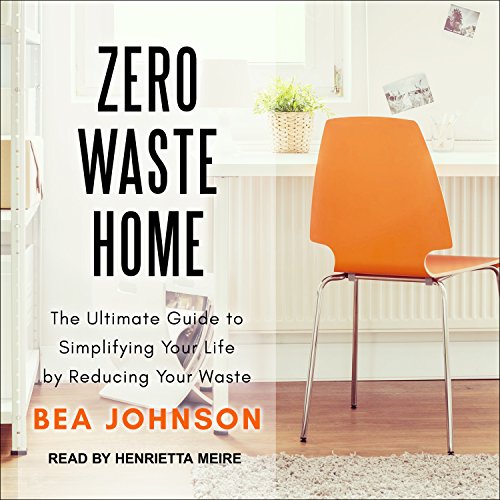An Interview with writer, speaker Bea Johnson and Lauren Read, Librarian, Business, Science, & Technology Department
Lifestyle changes are often made in incremental steps. For this approach, is there a big-impact swap that you suggest as a first step?
Learn to say no is my first rule. Refuse what you do not need. In such a consumer society, accepting is condoning. Every time we accept a toothbrush at the dentist, a plastic bag at the store, a straw at the café, we create the demand to make more of something that quickly becomes trash. Learn to say no on the spot; find a sentence for you to make it easy to politely decline, and people will accept and respect it. It takes three weeks for habits to form, this included, so take a second to ask do you need it first.
Many people may look at the zero-waste lifestyle as intimidating, and we know that your talk – and your book – address those things that might hold people back or that people think are too difficult. What’s one misconception you’d like to point out to Baltimoreans in advance of your talk?
The zero waste lifestyle is the complete opposite of the mainstream understanding. It does not take more time; it saves time. It does not cost more; it saves money. It helps the environment, yes, but also improves our standard of living.
Zero Waste Home is available as an e-audio through RB Digital.
Although thinking and living in terms of zero waste isn’t entirely focused on products, and overall, secondhand and built-to-last items rank highest, there is a lot of overwhelm to make the perfect choice among countless ones. How do we balance making ethical product choices and not going crazy with options? Something to do with simplicity, perhaps…?
The best product is the one that you don’t buy. Before you buy, ask do you even need this. We live in a consumerist society, created by manufacturers and marketers, creating fictitious need, promising time and money saving. In the end we find that it’s the opposite: we must go to the store, buy, transport, stow, use, separate to dispose of “properly,” go back and buy more. There are simple questions to ask yourself. Is this a quality, reusable item? Can you buy it secondhand [non-food] or in bulk [food]? Boost the secondhand market rather than the new manufacturing one.
A related area of overwhelm is caring for what we have. I know to enjoy my strengths, such as cooking, and outsource my weak areas, like tailoring. What’s your best advice to encourage people to fix rather than replace items?
When you adopt zero waste practices, you consider the whole life-cycle of things, and that includes repair. Libraries can offer workshops to teach such skills. I wish it was more common in the U.S.
I know Baltimore has plenty of community gardens to get involved with. What are some of your favorite ideas for connecting with community whilst keeping these practices?
Whether you shop at the grocery store or the farmers’ market, bringing your reusables, it forces communication and creates interaction with staff and others. It fosters communication, which over time can create great relationships. Shopping secondhand tends to be local, so it’s an added way to get to know your community members. Renting items, also, creates bonds. In apartments, too. Even composting. There are social aspects to sharing.
Finally, libraries play a fine role in facilitating a sharing economy, especially when it comes to books, music, and movies, and in some places games, art, tools, instruments, bikes…. We’re also a third place for people to gather and collaborate in a noncommercial way. In your travels, have you noted a spectacular way that a library is promoting sustainability?
Overall, people can start looking at libraries as a space that goes beyond books, hosting workshops making useful things, having me talk, for instance. Tool libraries are fantastic; my library has a seed library, and I wish they had created a tool library first, but people use our library like crazy. I think a lot of people go straight to the bookstore because they don’t realize how updated libraries are. In France, they have toy libraries: I really like that.

